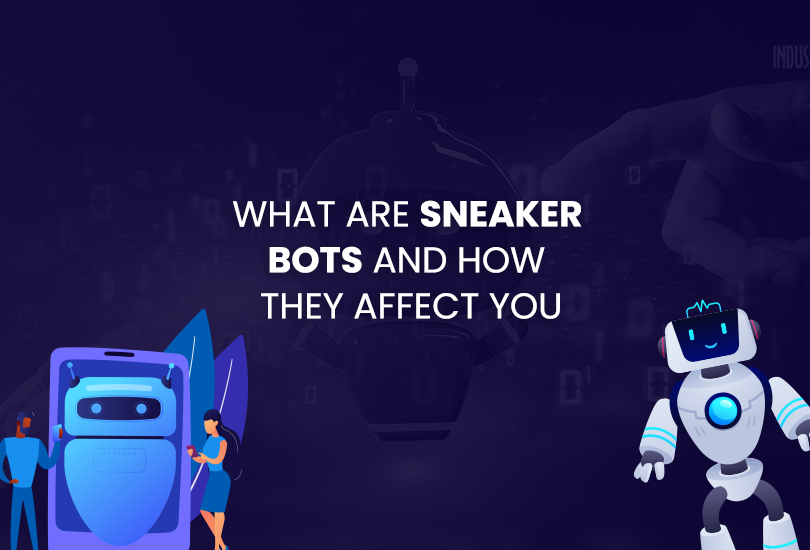This blog post will profoundly examine each hacker’s type, how some hackers are helpful, and what motivates them to involve themselves in unauthorized hacking.
What Are the 3 Main Types of Hackers?
Hackers can be divided into three main types, and these are as follows,
- Black Hat Hackers
- White Hat Hackers
- Gray Hat Hackers
We generally consider hackers to be intruders who break the privacy of others and exploit vulnerabilities. They usually gain illegal access to other computers to steal their sensitive data or break down their online infrastructure.
But there are some ethical hackers, or you can call them cybersecurity leaders, who hack into systems to uncover programming flaws and weaknesses.
Black Hat Hackers
Black hat hackers purchase hacking tools to exploit the privacy and security of individuals and organizations. The primary aim of black hat hackers is to make money, whether by acquiring access to credit card information or even asking for ransom after hacking systems.
- Black hat hackers seem to have been highly skilled; some work individually, while others are associated with hacking organizations.
- Hackers usually get access to vulnerabilities using forums; some even have access to the dark web to accomplish their illegal activities.
- Ransomware attacks have become a new norm deployed by cybercriminals against organizations and demand ransom in return.
White Hat Hackers
Contrary to black hat hackers, white hat hackers are ethical hackers who serve companies and help them identify and fix vulnerabilities. They don’t get into unethical activities; rather, they are hired by the organizations to uncover system flaws and help them rebuild their online security system against robust hacking attempts.
White hat hackers incorporate their capabilities while integrating multiple hacking tools to ensure high-end safety and security against malware attempts.
Hence, organizations hire penetration testers and hackers who, with mutual collaboration, dig deep into their online infrastructure to assess risk and identify loopholes.
Gray Hat Hackers
On the other hand, gray hat hackers come with quite a different approach compared to other hackers we have discussed above. Although they don’t hack the system with the intention of hacking or breaking down their devices, they usually find out the weaknesses and report them rather than exploiting the system. In addition, gray hat hackers can demand money to provide complete details about security flaws and errors.
Other Hacker Archetypes
Now that you have gone through major hacking types, there are some rare hackers, and those are categorized as:
- Green Hat Hackers: “Green” are those hackers who are untrained or inexperienced and don’t possess the required techniques to compete with professionals in their hacking skills. Green hat hackers usually deploy phishing attempts and social engineering to penetrate security systems.
- Blue Hat Hackers: “Blue Hat Hackers” are similar to white hat hackers hired by organizations. They helped in boosting their cybersecurity system while integrating penetration tests.
- Red Hat Hackers: “Black Hat Hackers” deploy their hacking activities against Black Hat hackers. They usually incorporate aggressive attempts not just to refrain but defeat black hat hackers and destroy their system.
Conclusion
Modern hacking has become quite complex, and if you want to fight back, then install a robust security system that integrates additional layers of protection to defend your organizational infrastructure against malicious hacker attempts. Implementing privacy measures, such as using a VPN, can save your organization and sensitive data from unretrievable loss.
OysterVPN is loaded with cutting-edge privacy features that ensure bulletproof web privacy and security. It comes with industry-leading AES-256-bit encryption, DNS and IP Leak Protection, DDoS Protection, Internet Kill-Switch, and Anti-Malware Protection to conceal your web traffic and sensitive information from nefarious cyber attackers.







